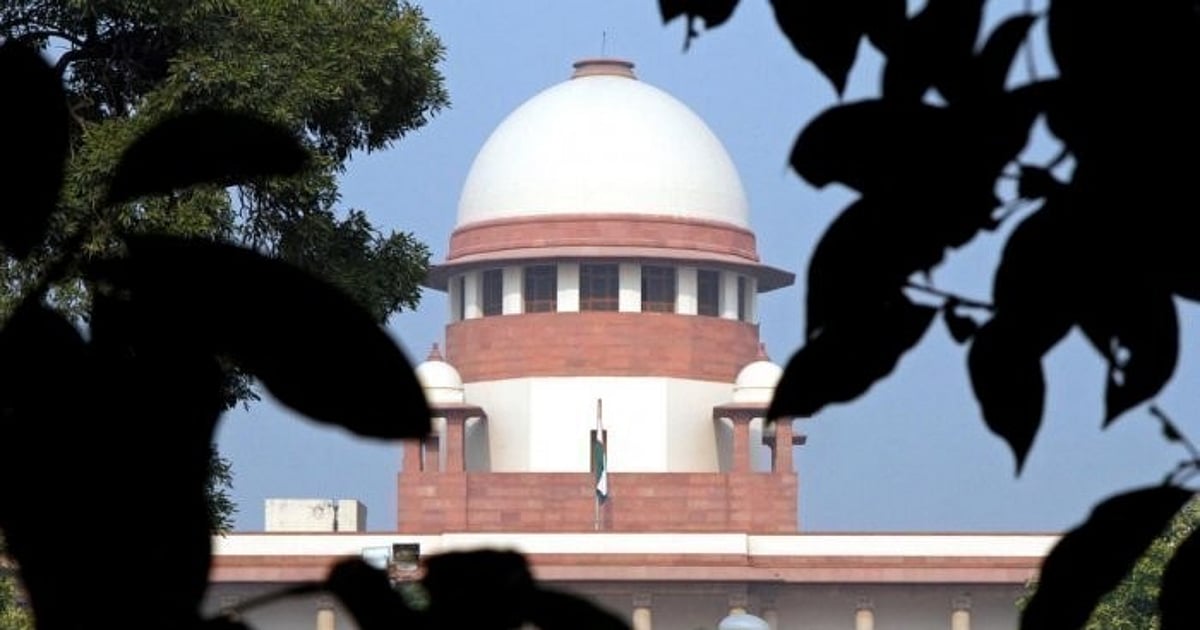 |
|
The Supreme Court of India has intervened in a contentious issue involving the renaming of a well adjacent to a mosque in Sambhal, Uttar Pradesh. The Uttar Pradesh government's attempt to label the well, traditionally used for ablution by the mosque's congregants, as 'Sri Hari Mandir' has been temporarily halted by the court. This decision underscores the delicate balance the court must maintain in navigating religious sensitivities and legal challenges in a diverse nation like India. The case highlights the complexities of religious land ownership and the potential for religious disputes to escalate into larger conflicts. The court's intervention underscores the importance of judicial oversight in safeguarding religious freedoms and preventing potential communal tensions.
The controversy began with a public notice issued by the Nagar Palika (municipal council) of Sambhal, designating the well as 'Sri Hari Mandir,' a name suggestive of a Hindu place of worship. This action sparked immediate opposition from the mosque committee, who argued that the well has been inextricably linked to the mosque for generations and is an integral part of its religious practices. The committee contends that the renaming was an attempt to usurp control of a space sacred to the Muslim community and potentially infringe upon their religious freedom. The issuance of the notice itself raises questions regarding the authority of the Nagar Palika to make such a decision without proper consultation and consideration of the historical context and community sensitivities.
Senior advocate Huzefa Ahmadi, representing the mosque committee, effectively presented the case before the Supreme Court, emphasizing the potential for religious unrest and conflict if the notice was allowed to take effect. The court, recognizing the seriousness of the situation and the potential for escalation, responded swiftly by issuing an order prohibiting the Uttar Pradesh government from implementing the public notice. This immediate intervention is a testament to the court's commitment to upholding the rule of law and maintaining peace and harmony within the country. The court's decision reflects a broader concern about the potential abuse of power by local authorities and the importance of respecting the religious rights of all communities.
The case in Sambhal is not an isolated incident. India has a history of complex religious land ownership disputes, often fraught with historical and political undercurrents. The resolution of these disputes frequently requires careful consideration of historical evidence, community perspectives, and adherence to legal principles. The Supreme Court's role in such cases is crucial, not only in resolving immediate conflicts but also in setting precedents that shape future legal interpretations and actions concerning religious properties and freedoms. The court's decision serves as a reminder of the vital role of the judiciary in upholding secularism and protecting the rights of religious minorities in India.
The ongoing legal battle in Sambhal will undoubtedly be closely watched by various religious and political groups across India. The outcome of the case will set a significant precedent for similar disputes that may arise in the future. The case also raises broader questions about the role of local authorities in managing religious sites and the importance of interfaith dialogue and cooperation in preventing religious conflicts. The Supreme Court’s actions demonstrate the judiciary’s willingness to step in and prevent potential harm, safeguarding religious harmony and preventing the escalation of localized conflicts into broader societal divisions. The case highlights the fragility of religious peace and the constant need for vigilance and legal intervention to prevent the misuse of power and the infringement of religious freedom.
